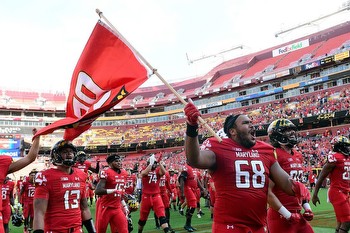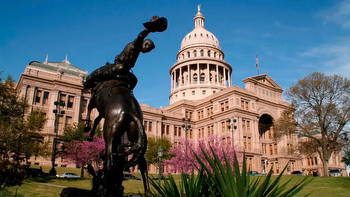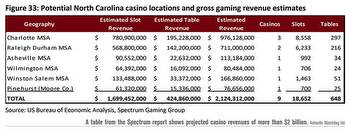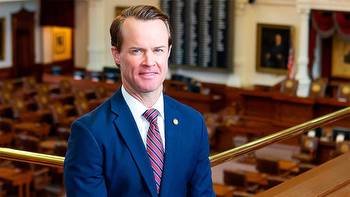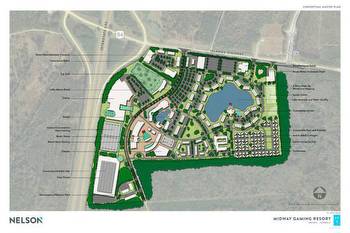Georgia lawmakers set to renew debate over legalized gambling
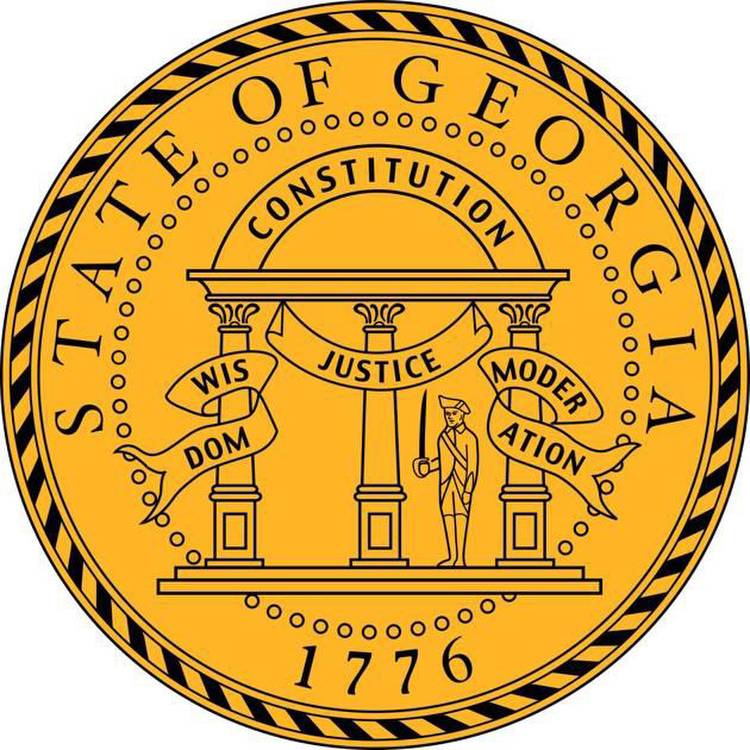
ATLANTA — While the General Assembly gears up for next month’s once-a-decade redrawing of Georgia’s legislative and congressional district maps, lawmakers also will soon renew a much more frequent debate over legalized gambling.
Bills that could lead to casinos, pari-mutuel betting on horse racing and/or sports betting in the Peach State will be on the table when the 2022 legislative session convenes in January for the second year of a two-year term.
Proposals to legalize gambling in Georgia in some form have come up virtually every year for the last decade, with most of the bills dedicating part of the proceeds to the hugely popular HOPE Scholarships and pre-kindergarten programs. But after years of failing to gain traction, the effort gained momentum during the 2021 session.
The state Senate passed a constitutional amendment last March calling for a statewide referendum to legalize sports betting. While Senate Resolution 135 failed to reach the floor of the Georgia House of Representatives, it marked the first time a gambling bill had made it through either legislative chamber.
“It looks more encouraging than ever,” said state Rep. Ron Stephens, R-Savannah, a longtime supporter of legalizing gambling in Georgia.
Sports betting is a relatively recent player in the debate over legalizing gambling. States other than Nevada weren’t allowed to legalize sports betting until a 2018 U.S. Supreme Court ruling in a New Jersey case.
Since that decision opened up the country, 26 states have launched sports betting, according to the American Gaming Association. Another five states have passed sports betting legislation that has yet to take effect.
Georgia’s sports betting legislation is modeled after a law in Tennessee, which permits online betting only.
A coalition of Atlanta’s pro sports teams — including the Braves, Falcons, Hawks and Atlanta United — is backing the idea. They want to use sports betting to gin up fan engagement, said Rep. Alan Powell, R-Hartwell, another supporter of legalized gambling.
“They want folks sitting in stadiums betting on their phones,” he said.
But Powell is not a fan of legalizing sports betting in isolation. App-based betting on sports wouldn’t raise nearly the revenue the state could bring in from bricks-and-mortar casinos, he said.
“There are no jobs created,” Powell said. “There’s a right way and a wrong way to do this.”
Stephens agrees. While he introduced a standalone sports betting bill during this year’s legislative session, he now favors combining sports betting, casinos and horse racing into a single constitutional amendment to put before Georgia voters.
“Let the people decide: Do we want to gamble or do we not?” Stephens said. “That’s the cleanest way to do it.”
Indeed, the casino industry is betting on Georgia in a big way. At least 32 paid lobbyists are working for passage of legalized gambling in Georgia, according to reports filed with the Georgia Government Transparency and Campaign Finance Commission.
Those lobbyists were hired by 10 mostly high-profile gaming companies, including Caesars Entertainment, Hard Rock, Wynn Resorts and Bally’s.
They and other supporters of casinos are pitching Georgia’s lack of legalized gambling as millions of dollars in tax revenue and billions of dollars in economic impact lost to neighboring states.
Rick Lackey, an Atlanta-based real estate developer behind several proposed casino resorts scattered across Georgia, points to the growth of casino projects across the Southeast.
Harrah’s Cherokee Casino Resort in Cherokee, N.C., just opened a $330 million expansion that includes a new 725-room hotel and convention center. A new casino off Interstate 85 in Kings Mountain, N.C., that just opened in July is already planning to double its gaming machines to 1,000.
Alabama boasts three Indian gaming casinos. And the Seminole Hard Rock Hotel & Casino in Tampa is pulling in more revenue than all of the casinos in Mississippi combined, Lackey said.
“If you go in any of those casinos, you’ll see a lot of Georgia license plates,” he said.
Supporters of legalizing gambling in Georgia also point to numerous polls showing the idea is popular with voters.
But obstacles to gambling legislation remain, including the difficult-to-surmount two-thirds majorities of the state House and Senate necessary to pass a constitutional amendment.
Faith-based groups oppose legalized gambling as a threat to families and a magnet for crime. Religious organizations traditionally have held great sway under the Gold Dome, particularly with lawmakers representing districts in rural Georgia.
Rep. Billy Mitchell, D-Stone Mountain, chairman of the House Democratic Caucus, said he heard the same arguments during the 1990s before Georgia created a state lottery and dedicated part of the proceeds to the new HOPE program.
“I don’t think today anyone can say the Georgia Lottery has been bad for the state,” he said.
Stephens said legalizing gambling today offers the same opportunity to boost funding for education that convinced lawmakers to support the lottery nearly 30 years ago.
“Some of the folks who vote ‘no’ on this are going to be voting against $100 million (a year) for HOPE and pre-K,” he said. “It don’t think they want to do that.”
This story is available through a news partnership with Capitol Beat News Service, a project of the Georgia Press Educational Foundation.









